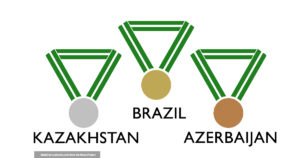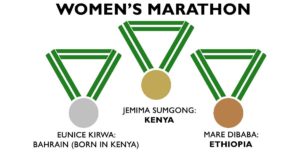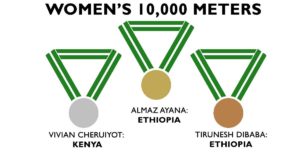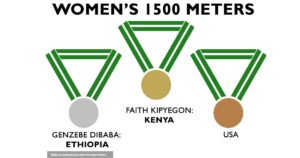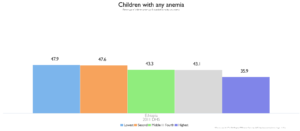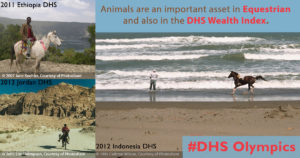#DHSgames Week Two – Round Two
It’s been another big week in the #DHSgames.
Before the final weekend, Brazil moves into first place in our games with 15 medals – five gold, five silver, and five bronze. Kazakhstan slipped into second place – of its five medals, three are gold. Azerbaijan makes an entrance into the top three for the first time during these games with 10 medals. The last DHS in Azerbaijan was conducted in 2006. South Africa, with nine medals, is also a contender for the final medal count to be released on Monday after this weekend’s closing events.
Medals for DHS countries this week include Indonesia’s gold in mixed doubles badminton, Jordan‘s in men’s 68 kg taekwondo, and Ukraine‘s gold in the men’s 200m canoe sprint. The men’s welterweight boxing final ended in gold for Kazakhstan and silver for Uzbekistan. India and Tunisia both won bronze in the women’s 58 kg freestyle wrestling. It has been a big week for Brazil, with gold medals in women’s judo, men’s boxing, men’s pole vault, women’s sailing, and men’s beach volleyball.
With all the Track and Field that’s been happening this week, let’s talk about Kenya and Ethiopia in the distance races. In every marathon race since 1996, at least one Kenyan or Ethiopian has medaled (with the exception of one race, in which there was a medalist born in Ethiopia but competing for the US). For this year’s #DHSgames, let’s do a mini medal count for the women’s distance events:
In addition to the countries of Kenya and Ethiopia, you may notice another repetition in this medal count: Dibaba. The Dibaba sisters, Tirunesh and Genzebe, are part of what is called the fastest family on the planet (Mare Dibaba is unrelated). Tirunesh and Genzebe grew up in a hut without electricity. The 2011 Ethiopia DHS found that 23% of households have electricity—up from 13% in 2000. According to a profile of the sisters, their mother credits much of their success to having grown up on milk from the family’s cows.
We can use DHS data to examine topics such as nutrition in Ethiopia. Indicators can be examined in depth to see how they vary within a country by wealth or among other background characteristics. For example, in Ethiopia, anemia prevalence among children age 6-59 months decreases as household wealth increases.
We calculate wealth quintiles through the Wealth Index, which measures a household’s living standards according to assets (such as farm animals) rather than income. Indicators can then be broken down by wealth quintile to better understand patterns within a country.
We’ll be watching to see how Ethiopia and Kenya do in the upcoming men’s marathon. The 2016 Ethiopia DHS is also ongoing, so stay tuned for those results as well. The excitement will continue even after the close of this year’s #DHSgames.

